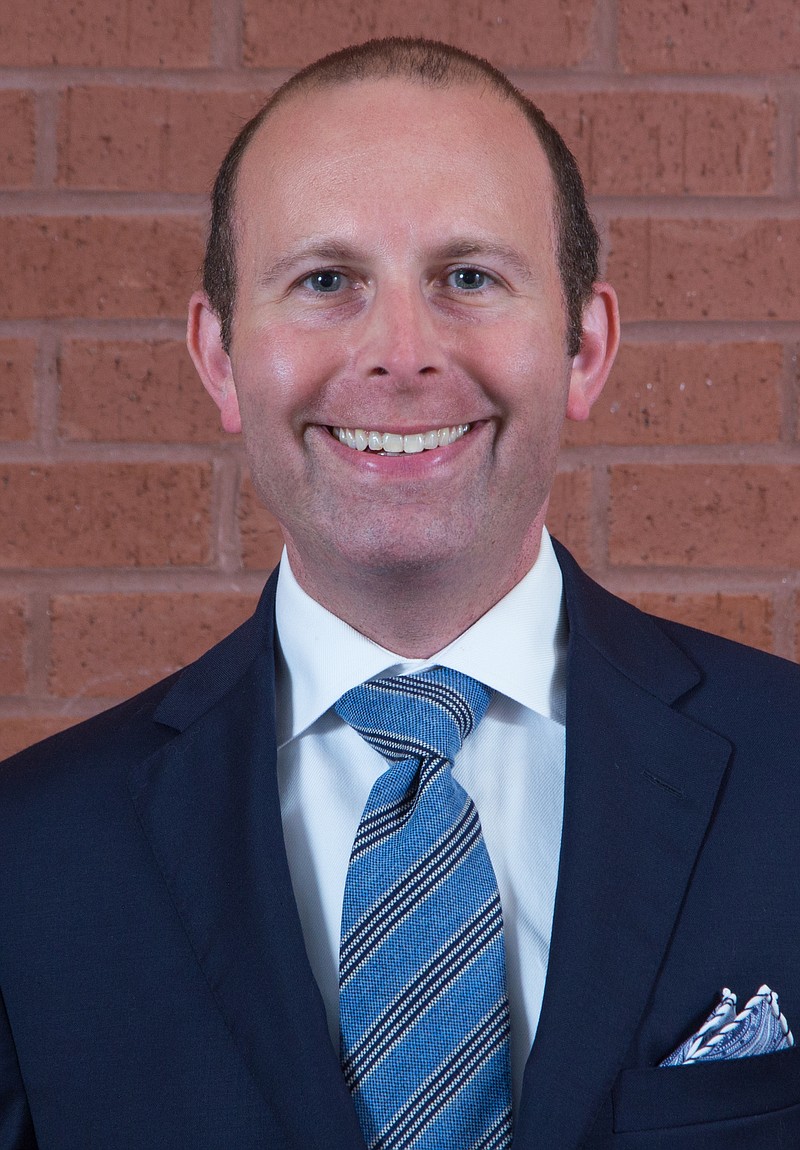Q: I always seem to get a sinus infection this time of the year, and I'd like to avoid taking antibiotics. Is there any way to prevent this from happening?
A: When tree pollen season and respiratory virus season converge in the spring, sinus infections become increasingly common. Sinuses are intricate spaces lined with specialized tissue, crucial for maintaining healthy nasal passages. The maxillary sinuses are in the cheekbones, and the frontal sinuses are above the eyes. Ethmoid sinuses are in the nose, and the sphenoid sinus is directly behind the nose. Patients may notice tenderness in these areas when sinuses become infected.
When viral infections like colds or flu strike, they irritate the throat and nasal passages, resulting in symptoms such as a runny nose, sneezing, nasal congestion and sometimes fever. Inflammation can also block sinus openings, making it easier for bacteria to invade and trigger sinus infections.
Similarly, allergic disease such as hay fever can cause swelling of nasal mucosa and increase production of mucus, leading to the blockage of sinus openings and promoting sinusitis. For allergy-induced sinus problems, identifying and minimizing exposure to triggers like pollen, dust or pet dander can significantly alleviate symptoms and prevent infections. Immunotherapy (allergy shots) can be a natural way to potentially cure allergies.
Allergy medications are also helpful. Combining nasal steroids with a short course of a nasal decongestant can alleviate symptoms by reducing mucosal swelling and facilitating mucus drainage. This strategy may prevent the need for antibiotics and the associated complications including antibiotic resistant organisms. Saline irrigation, using a device such as a neti pot, is also helpful for clearing nasal discharge and preventing bacterial infections. I recommend using 8 ounces of warm, distilled water mixed with pre-packaged buffered saline packs twice a day during peak allergy season and viral upper respiratory infections.
In cases of prolonged or chronic sinusitis, longer antibiotic courses may still be necessary, often accompanied by continuous nasal steroids or antihistamines to expedite recovery. However, by adopting a multifaceted approach encompassing allergen avoidance, allergy immunotherapies, and optimized medication strategies, patients can prevent bacterial sinus infections and decrease the need for antibiotics.
Dr. Todd Levin is a board-certified allergy expert with The Chattanooga Allergy Clinic and a member of the Chattanooga-Hamilton County Medical Society.
